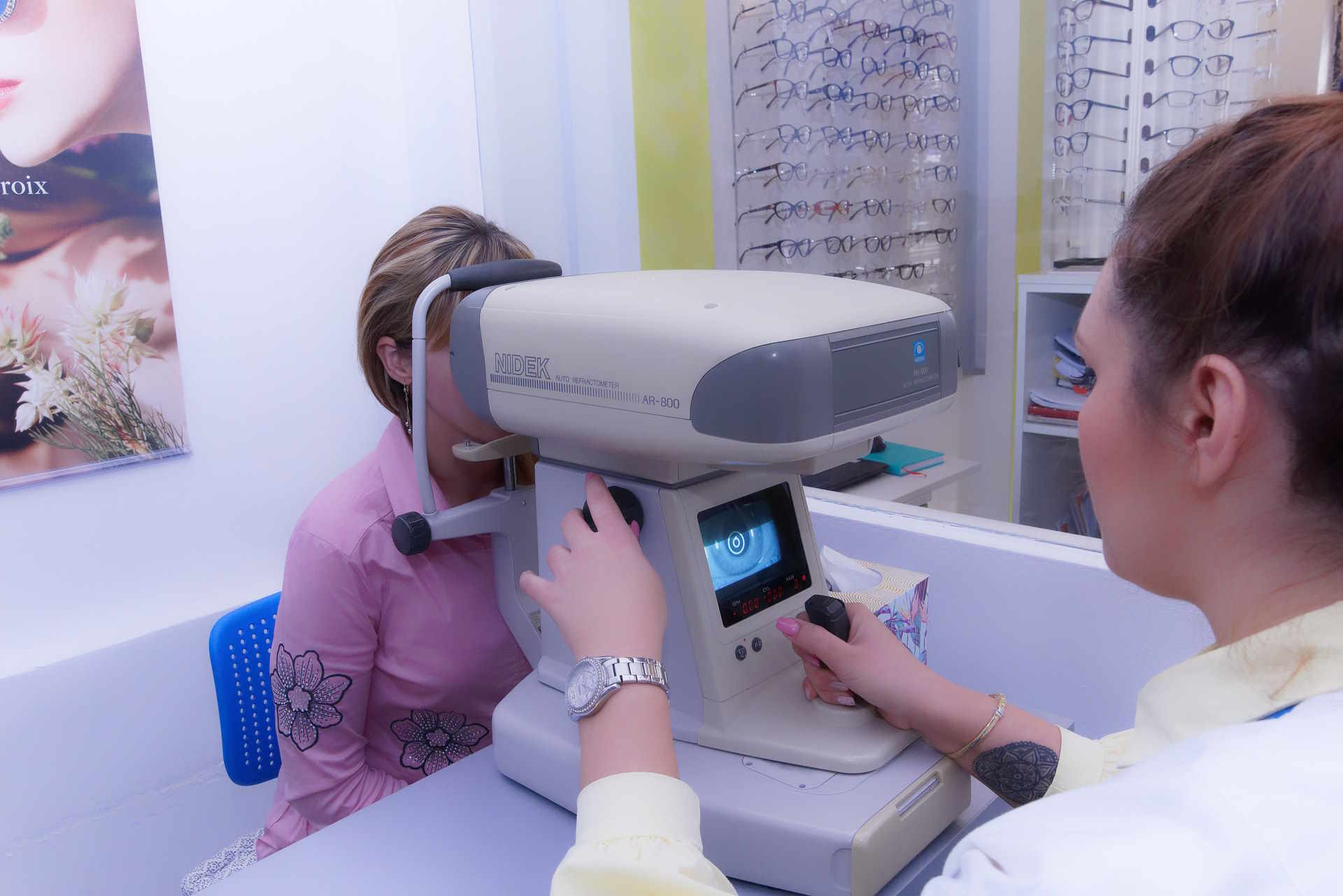The Ultimate Guide to Glasses Vouchers in the UK
Glasses vouchers provide financial assistance or discounts toward the purchase of prescription eyewear. They may be offered through health programs, employers, or insurance plans. These vouchers help make corrective lenses more accessible to people with vision needs.

What Are Glasses Vouchers and Who Qualifies?
Glasses vouchers are financial assistance instruments designed to help cover the cost of eyewear and eye care. The most widely recognized form in the UK is the NHS optical voucher scheme, which provides support to specific eligible groups. You may qualify for NHS glasses vouchers if you are:
-
Under 16 years old or under 19 and in full-time education
-
Diagnosed with diabetes or glaucoma
-
Aged 40 or over with a family history of glaucoma
-
Receiving certain benefits such as Income Support, Universal Credit, or Pension Credit Guarantee Credit
-
On a low income and hold an HC2 certificate under the NHS Low Income Scheme
Private optical retailers also offer vouchers through promotional campaigns, loyalty schemes, and corporate benefit programs, making glasses more accessible to a wider population regardless of NHS eligibility.
How to Obtain Vouchers for Glasses
Securing vouchers for glasses depends on whether you’re seeking NHS support or looking for commercial discounts. For NHS optical vouchers, the process typically involves:
-
Booking an eye test with an optometrist registered to provide NHS services
-
Taking proof of eligibility to your appointment (benefit award letters, HC2 certificate, etc.)
-
Receiving a prescription and voucher if you qualify
-
Using the voucher when ordering glasses from any optician that accepts NHS vouchers
For commercial glasses vouchers, consider these approaches:
-
Register for newsletters with major optical retailers like Specsavers, Vision Express, or Boots Opticians
-
Follow opticians on social media where they often announce special offers
-
Check voucher code websites and apps regularly for optical retailer discounts
-
Inquire about employee benefit schemes at your workplace that might include eye care vouchers
-
Join loyalty programs at your preferred optician to receive exclusive vouchers
Most vouchers have expiration dates and specific terms, so checking these details before planning your purchase is essential.
Understanding Different Types of Glasses Voucher Schemes
Navigating the various glasses voucher options available can help you maximize your savings. These schemes generally fall into several categories:
NHS optical vouchers operate on a tiered system (A-H) based on prescription strength and specific needs. The value ranges from around £39.90 for the most basic prescription (Voucher A) to £219.80 for complex prescriptions requiring complex lenses (Voucher H). These vouchers can be used toward the cost of glasses or contact lenses.
Commercial vouchers typically offer:
-
Percentage discounts (e.g., “25% off frames”)
-
Fixed amount vouchers (e.g., “£50 off when spending £100 or more”)
-
Bundle offers (“Second pair free” or “Free eye test with glasses purchase”)
-
Special group discounts for students, seniors, or healthcare workers
Many optical chains also operate their own schemes, such as Specsavers’ Club or Vision Express’ Premium Club, which provide regular vouchers, discounts on eye tests, and special member pricing throughout the year.
Making the Most of Your Glasses Vouchers
To maximize the value of your glasses vouchers, consider these strategic approaches:
First, timing your purchases around promotional periods can significantly increase savings. Many opticians run seasonal campaigns or participate in events like Black Friday with enhanced voucher values. Planning non-urgent eyewear purchases around these periods can result in substantial discounts.
Second, combining vouchers with other offers might be possible in some cases. For example, an NHS voucher can cover basic frames and lenses, while a retailer discount might apply to lens upgrades like anti-glare coatings or transitions. Always ask what combinations are permitted.
Third, consider the total cost of ownership when using vouchers. A higher initial discount on frames might seem attractive, but if the lenses are expensive or not covered by the voucher, the overall savings could be minimal. Calculate the final cost after all vouchers and discounts before making decisions.
Finally, remember that some vouchers are transferable within families (especially NHS vouchers for children), allowing for flexibility in how the benefit is used when multiple family members need eyewear.
Comparing Major Glasses Voucher Programs in the UK
When choosing where to use your voucher or which voucher scheme to pursue, comparing the major programs can help you make informed decisions.
| Provider | Voucher Type | Typical Value | Key Features |
|---|---|---|---|
| NHS | Optical Vouchers | £39.90-£219.80 | Based on prescription needs; can be used at most opticians |
| Specsavers | Corporate Eye Care | £17-£45 | Digital vouchers via VDU care schemes; includes eye tests and glasses |
| Vision Express | Premium Club | £30-£120 | Membership program with periodic vouchers; includes discounts on tests |
| Boots Opticians | Advantage Card | £20-£50 | Points-based system with special vouchers for cardholders |
| Glasses Direct | Online Vouchers | £15-£75 | First-time customer offers and seasonal promotions for online purchases |
Prices, rates, or cost estimates mentioned in this article are based on the latest available information but may change over time. Independent research is advised before making financial decisions.
Common Questions About Glasses Voucher Eligibility
Many people are unsure about their eligibility for glasses vouchers, particularly NHS support. The most frequently asked questions concern income thresholds, benefit requirements, and frequency of entitlement.
For NHS vouchers, eligibility is primarily determined by benefit receipt or age/health conditions. There is no universal income threshold; instead, those on low incomes must apply through the NHS Low Income Scheme to receive an HC2 certificate confirming their eligibility.
Adults eligible for NHS vouchers can typically claim one pair of glasses per prescription change, which often means every two years for most adults with stable vision. Children, however, can receive vouchers more frequently as their prescriptions tend to change more rapidly during development years.
For those with complex prescriptions requiring specially designed glasses, additional support is available through the NHS Complex Lens Voucher, which provides higher value assistance for those with particular visual needs.
Remember that an NHS sight test does not automatically qualify you for glasses vouchers – the eligibility criteria for tests and vouchers differ, with more people qualifying for free eye tests than for voucher support with glasses purchases.
Glasses vouchers represent an important financial support mechanism for maintaining good vision health without excessive cost burden. Whether through NHS programs or retail promotions, understanding how to access and maximize these benefits ensures that visual health remains accessible to all.




